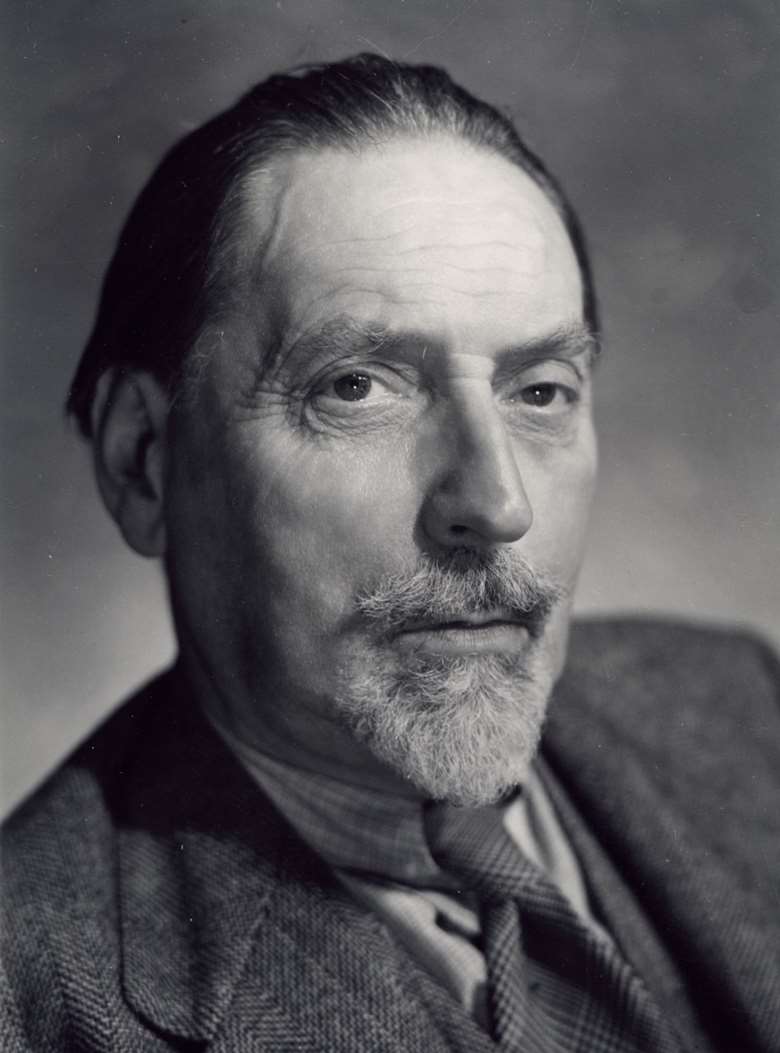Remembering Gramophone's founder, Sir Compton Mackenzie, 50 years after his death
Wednesday, November 30, 2022
A true polymath, Sir Compton Mackenzie launched the magazine that is soon to mark its centenary

Copyright Alarmy
Register now to continue reading
Thanks for exploring the Gramophone website. Sign up for a free account today to enjoy the following benefits:
- Free access to 3 subscriber-only articles per month
- Unlimited access to our news, podcasts and awards pages
- Free weekly email newsletter








